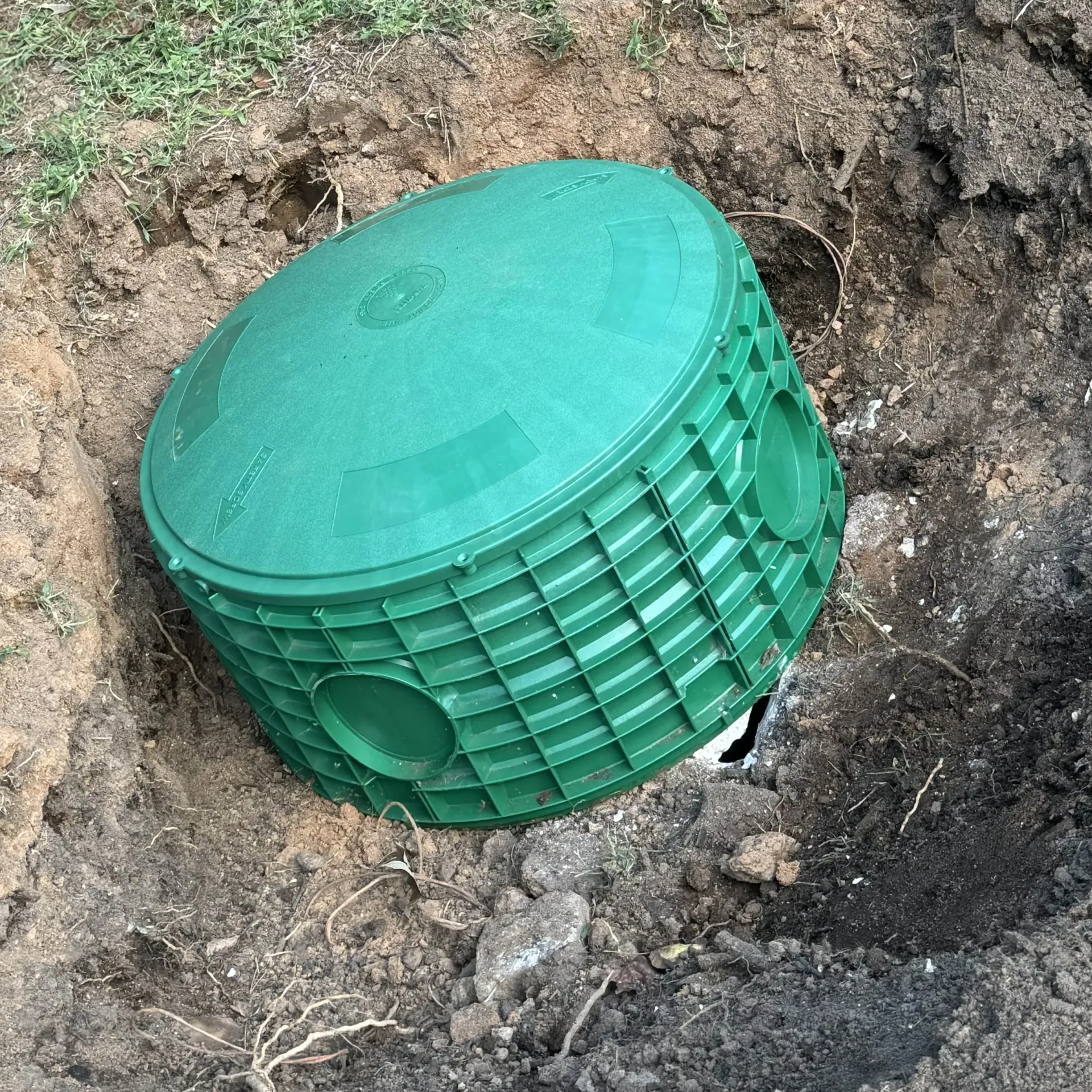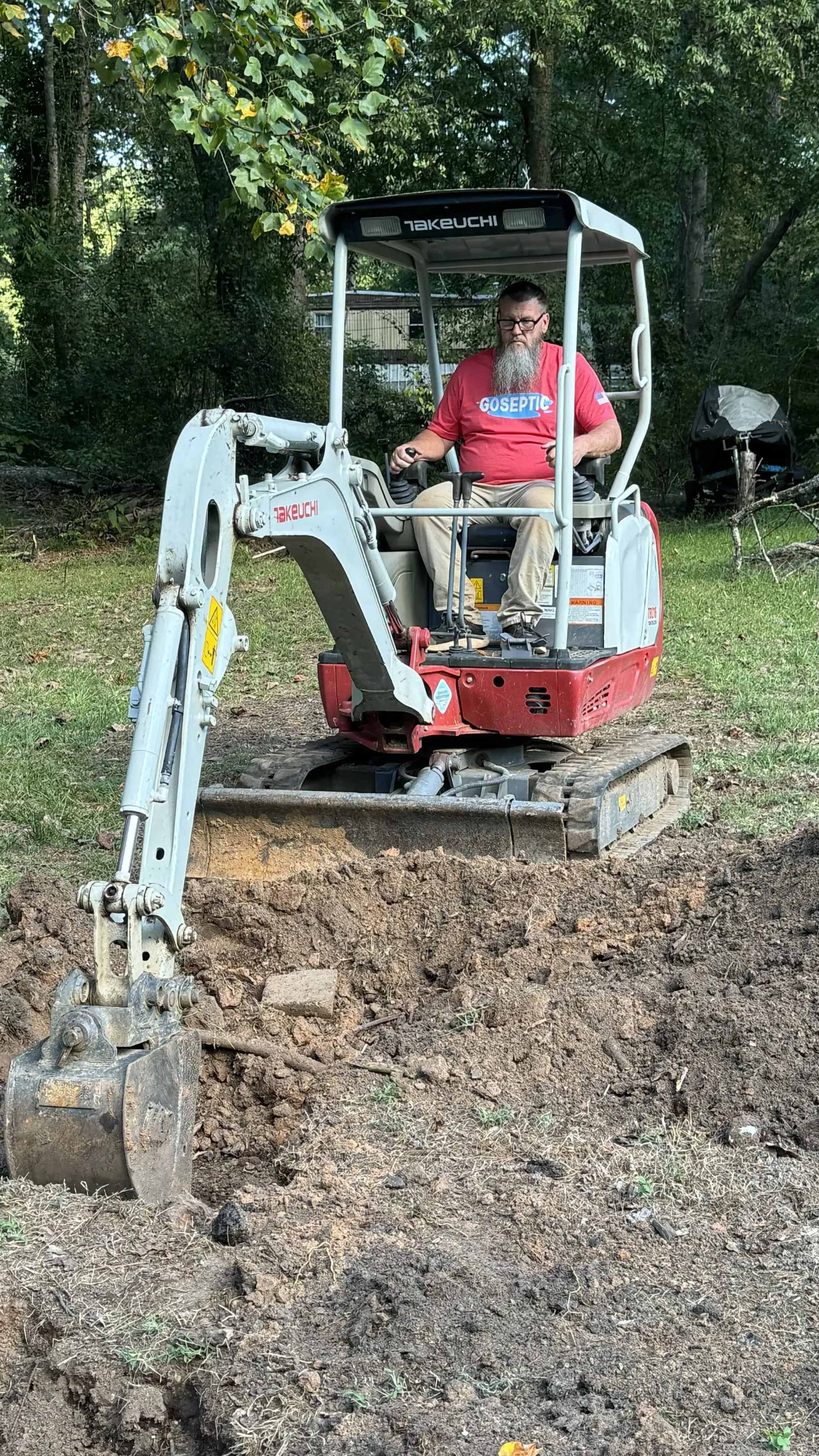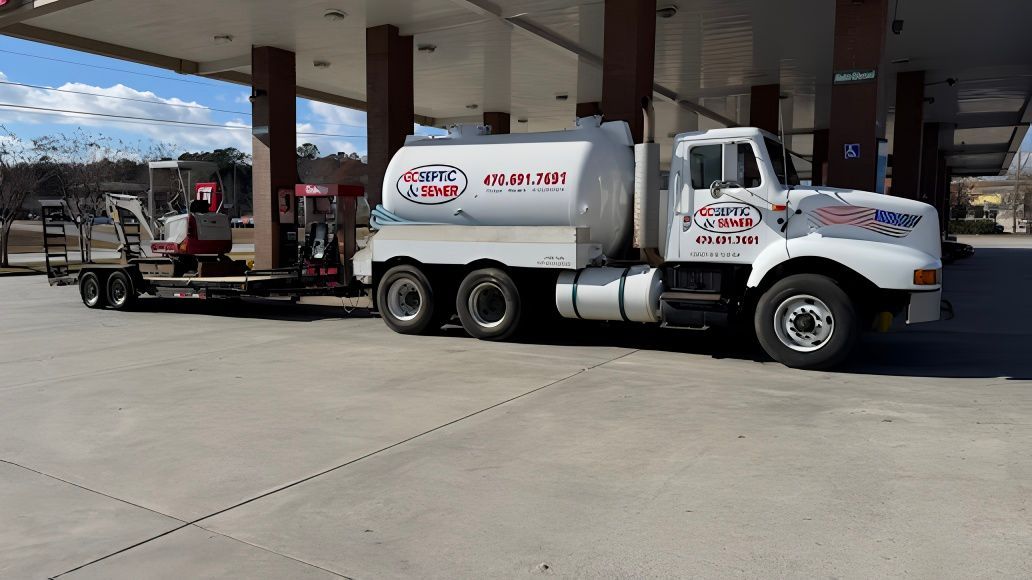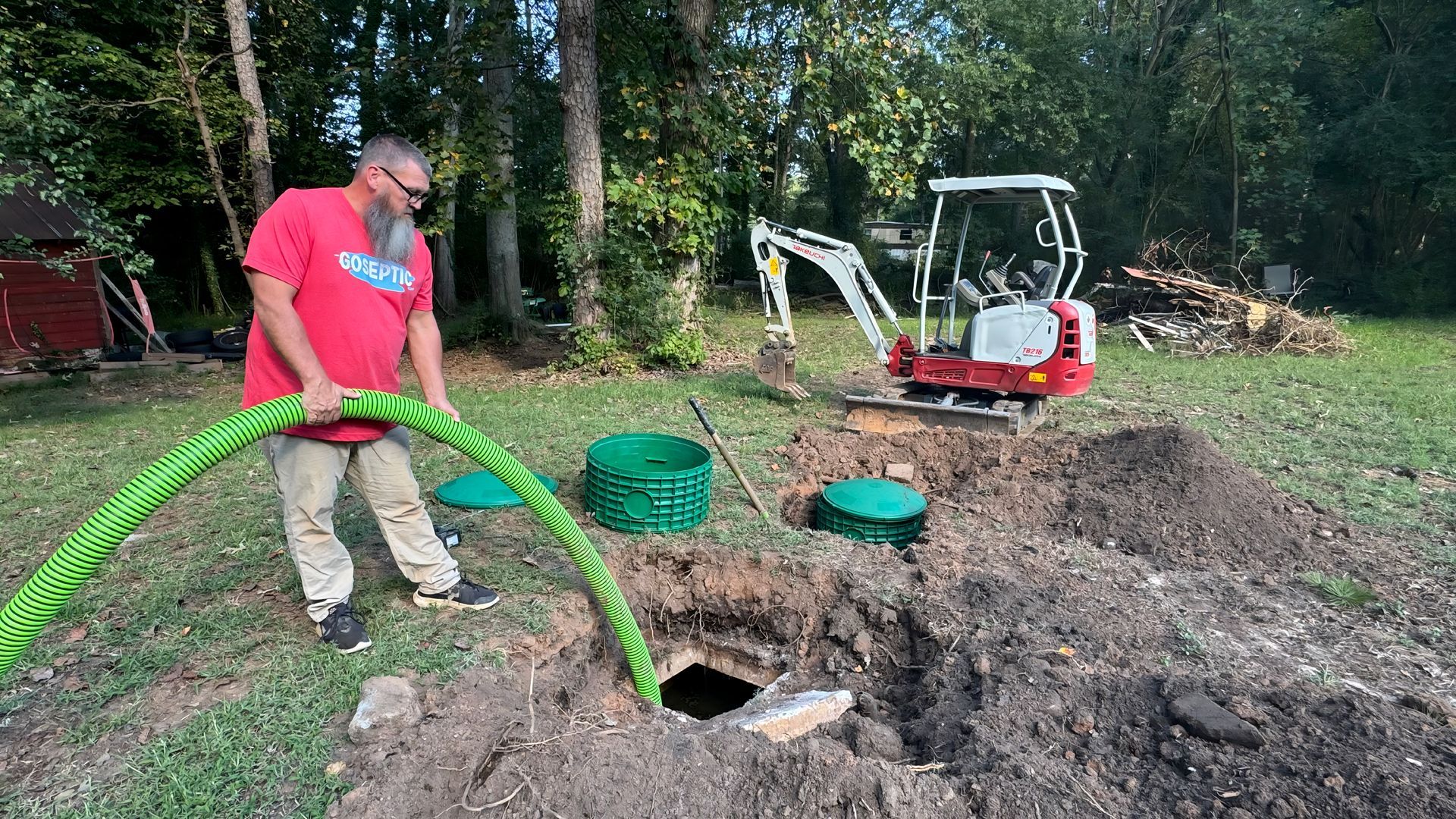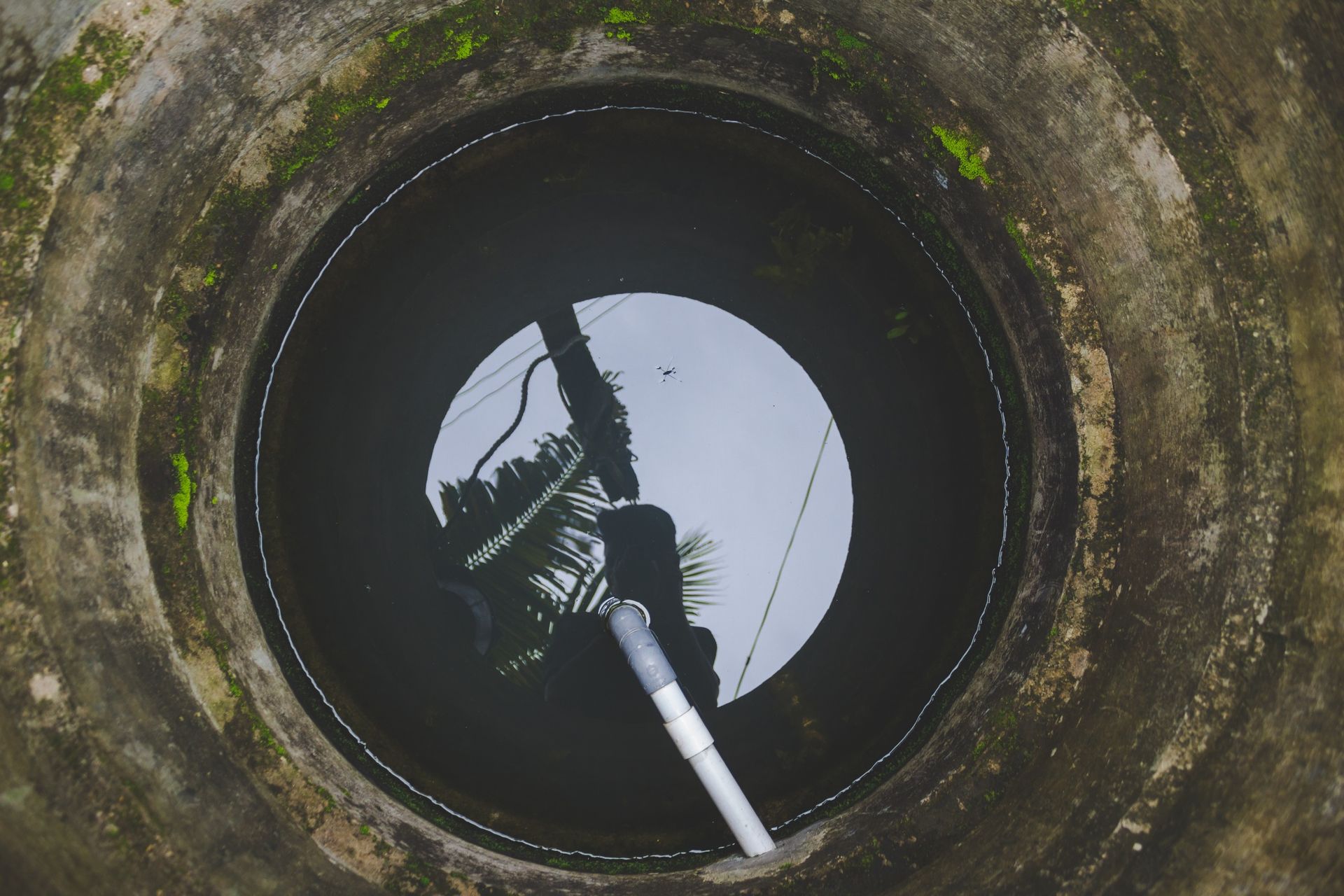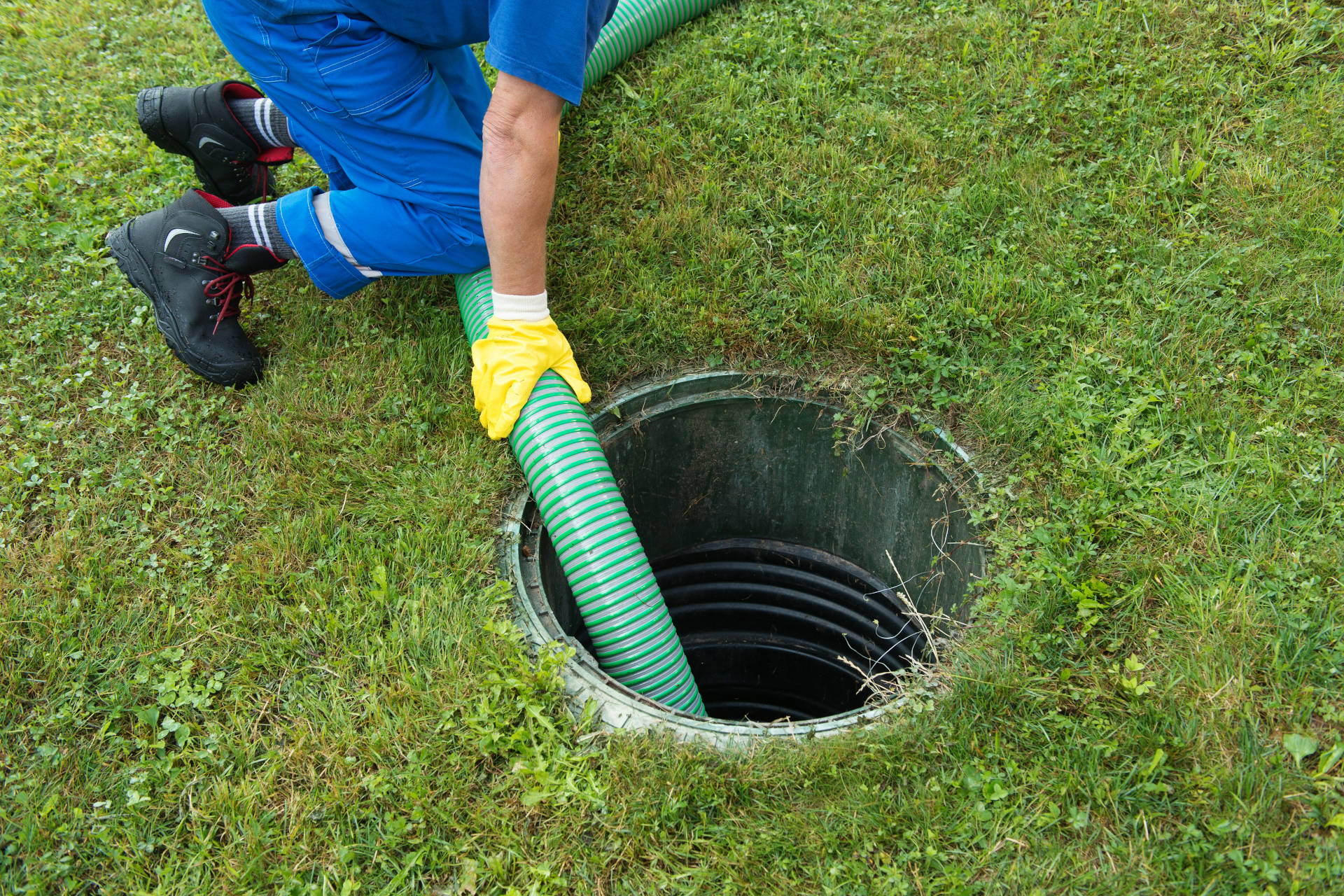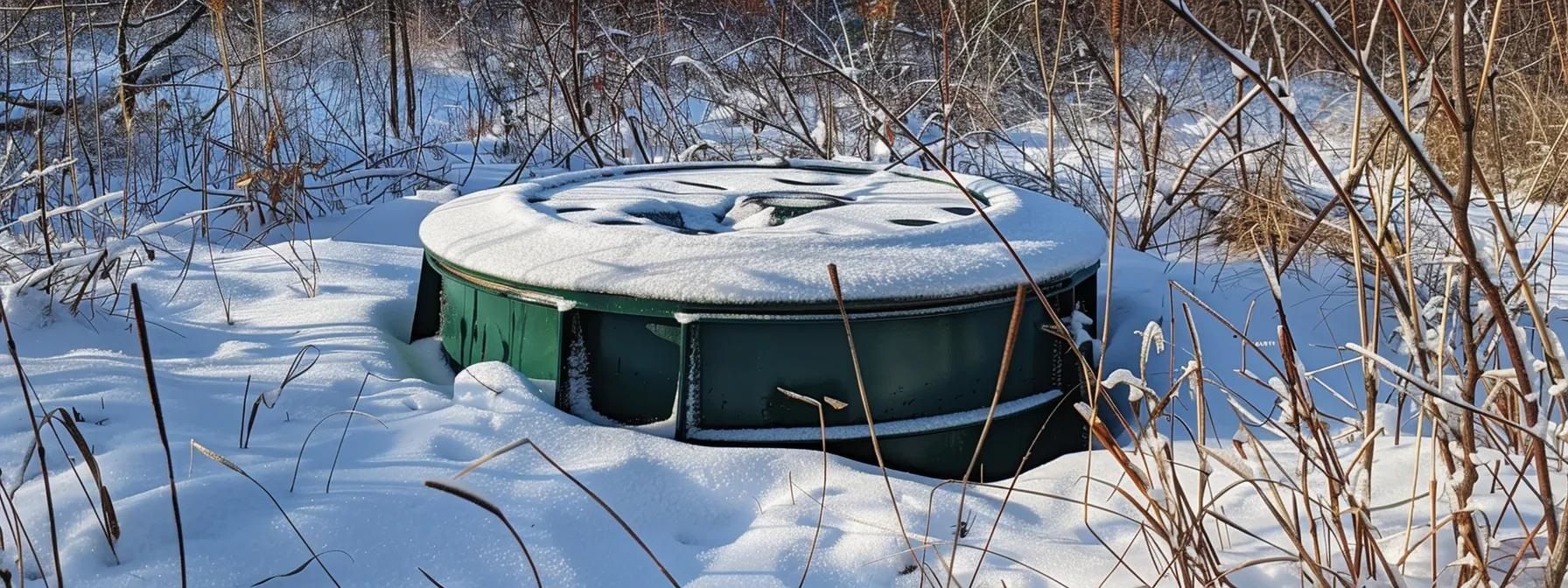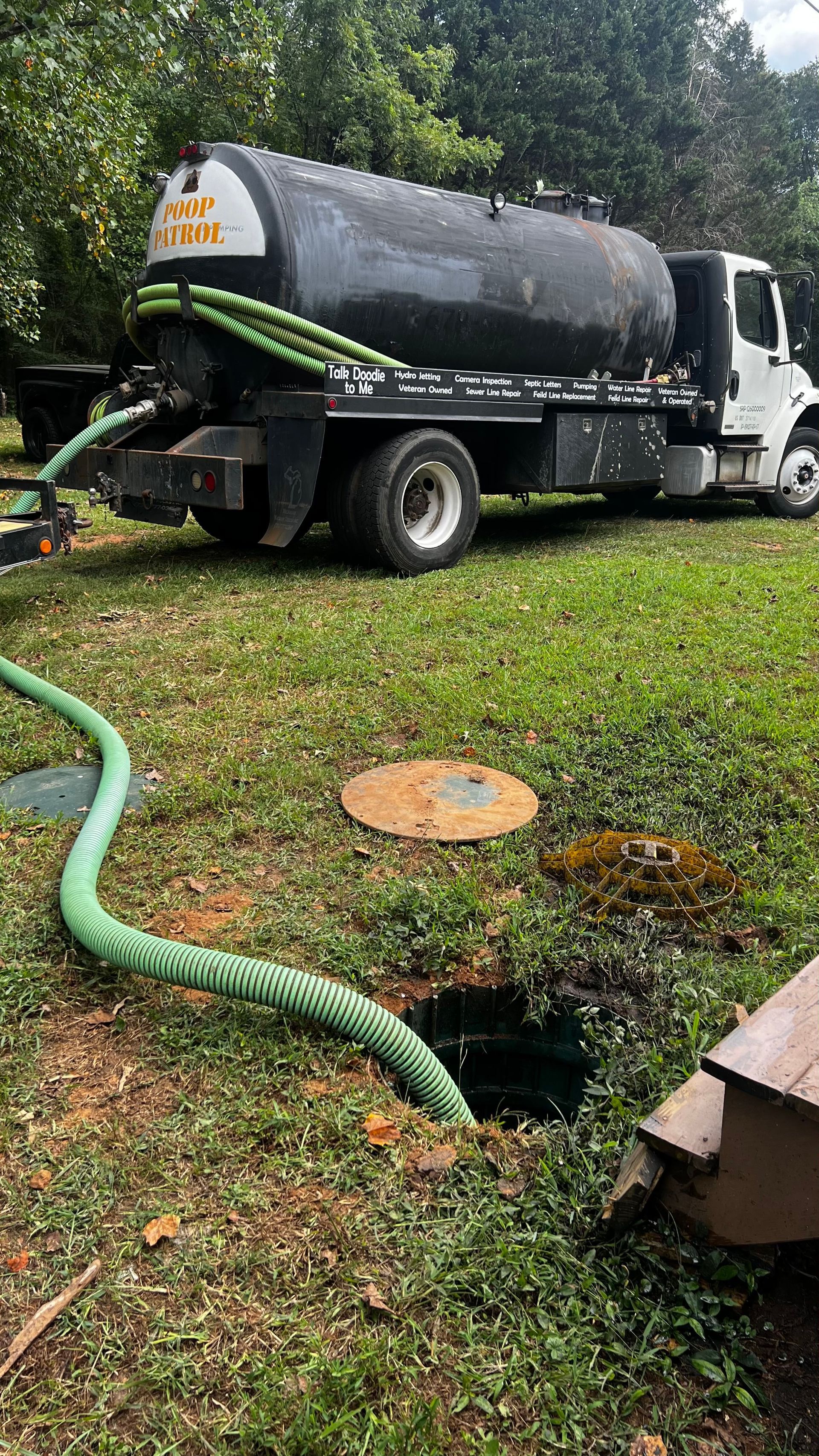The Ultimate Guide to Septic Tank Odors: What's Normal vs. Cause for Repair
If you've caught a whiff of something unpleasant in your yard or near your drains, your nose might be warning you about a real issue. Homeowners searching for answers want clarity fast. Is this normal? Is it dangerous? Should I call someone?
In this guide, you'll learn exactly what's causing those smells, when to be concerned, and how to fix it before it becomes a serious problem. If you stick with us through the end, you'll know how to spot the warning signs and when to make a septic tank repair call.
What Does a Healthy Septic System Smell Like?
Most of the time, a properly working septic system shouldn’t smell at all.
You might catch a faint earthy smell near the tank lid or drain field, especially after it rains. This doesn’t mean something is wrong. However, strong odors, especially of rotten eggs, sewage, or sulfur, are a signal that something's not right.
The Science Behind Septic Odors
Septic tanks break down waste using anaerobic bacteria. These bacteria release gases as they digest solids. The main gases include:
- Methane (odorless)
- Carbon dioxide (odorless)
- Hydrogen sulfide (smells like rotten eggs)
If these gases escape the system instead of staying sealed underground, you’ll smell them.
According to the
U.S. Environmental Protection Agency (EPA), improper functioning of household septic systems can contribute to unpleasant odors and environmental hazards if left unchecked.
Why Does My Septic System Smell Bad Outside?
Outdoor septic odors often come from these four sources:
1. A Full or Overdue Tank
If your tank is overdue for pumping, gases can seep through the soil around the tank or drain field. Sludge buildup blocks airflow, pushing gases upward.
Fact: The EPA recommends pumping your septic tank every 3 to 5 years. Homes with more people or water use might need service more often.
2. Cracked or Broken Pipes
Tree roots, shifting soil, or old age can crack pipes leading to leaks. Gases then escape into your yard, especially above the tank or drain field.
3. Poor Drain Field Performance
A soggy or spongy lawn over the drain field could mean wastewater isn’t draining properly. That means odors may linger near the surface.
Example: If you're mowing and smell sewage in a specific patch every time, that’s a red flag.
4. Vent Stack Issues
Every septic system has a vent pipe that releases gas above your home. If it's blocked by leaves or snow, or is too short, gases may settle around your yard instead of dispersing.
Why Does My House Smell Like Sewage?
Indoor odors usually mean gases are leaking back inside instead of flowing out through the plumbing vent.
Here’s why it might happen:
- Dry P-traps (especially in guest bathrooms)
- A loose or cracked toilet seal
- Blocked roof vent
- Backed-up pipes
Check This First:
- Run water into all drains, including tubs and basement sinks
- Pour a bucket of water into floor drains
- Light an incense stick near drains to test for airflow
If the odor persists, you could be facing a septic tank issue involving blocked or damaged pipes.
What Should I Do If My Septic System Smells?
Step 1: Check the Calendar
When was your last pump-out? If it’s been more than 3 years, call for a septic tank pumping service. That might fix the issue immediately.
Step 2: Walk Your Property
Sniff around the tank lid and drain field. Check for standing water, odd grass growth, or spongy areas. Any of these may point to a leak or failing drain field.
Step 3: Inspect Indoors
Flush all toilets. Check for slow drains. Run taps to refill P-traps. Look at your basement or crawlspace for signs of backup or wetness.
Step 4: Call a Pro If Needed
If the smell lingers or returns after these checks, schedule a professional inspection. Trained technicians can perform a camera line inspection to locate breaks, blockages, or saturation issues.
Are Septic Odors Dangerous?
Yes. Some of the gases from a malfunctioning system can cause headaches, nausea, or worse.
Hydrogen sulfide, in particular, is toxic at high levels. While it's rare to reach dangerous concentrations outdoors, enclosed spaces like basements can concentrate these gases quickly.
Pro Tip: If you ever smell sewage indoors and feel dizzy or ill, get fresh air and call for emergency help.
According to the
Agency for Toxic Substances and Disease Registry (ATSDR), exposure to high levels of hydrogen sulfide can lead to serious health effects.
How Can I Prevent Septic Smells in the Future?
You can avoid most odor-related repairs by building a few simple habits into your home maintenance routine.
Regular Pumping
Stick to a 3- to 5-year schedule. Set a reminder on your phone or calendar so you don't forget.
Be Kind to Your Drain Field
- Don’t park over it
- Don’t plant trees nearby
- Don’t flood it with excess water
Watch What You Flush
Avoid sending grease, paper towels, feminine hygiene products, or "flushable" wipes into the tank.
According to Consumer Reports, many so-called flushable wipes do not break down in septic systems and are a common cause of blockages.
Add Bacteria Boosters (Only When Needed)
Some homes benefit from bacterial additives that help the tank process waste more effectively. Talk to a licensed technician before using any brand.
What Repairs Might Be Needed for Odor Problems?
Once a professional inspects the system, they may recommend:
- Tank pumping: The most common fix for odor complaints
- Pipe repair or replacement: For cracked, broken, or sagging lines
- Drain field restoration: If wastewater isn't absorbing properly
- Vent pipe adjustment: Extending or clearing the vent can eliminate some odors
If you’re dealing with persistent system smells, it might be time to schedule a professional septic tank repair in Cumming to prevent long-term issues.
In rare cases, your system may be too old or damaged to repair. Then, full replacement may be the only option. Most systems last 20 to 40 years, depending on the material and use. For a deeper breakdown of common warning signs, check out our guide on
septic tank repair signs.
Conclusion
When in doubt, trust your nose.
Septic systems are mostly silent, but they will speak up when something’s wrong. Smells are one of the clearest signals your system sends. If you ignore them, you could end up with property damage or health risks.
Understanding what’s normal and what’s not gives you the power to act early. If you notice strong, lingering smells or anything that resembles the issues we covered here, don’t wait. At GoSeptic & Sewer, we offer honest inspections and solutions for all your septic needs—without upsells or surprises.
Call us anytime, 24/7, for trusted help with your system. We’ll get to the root of the problem and fix it the right way.

